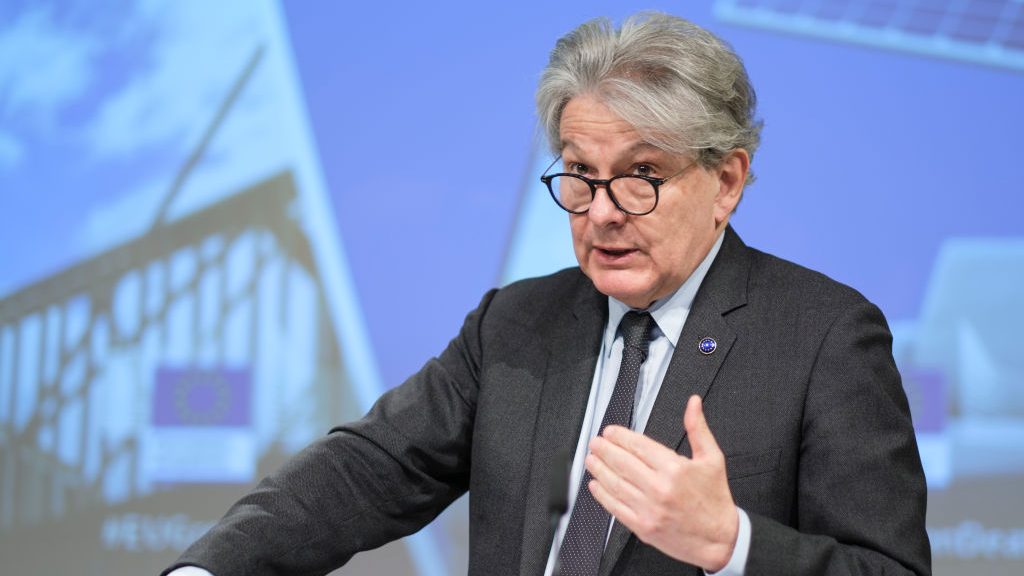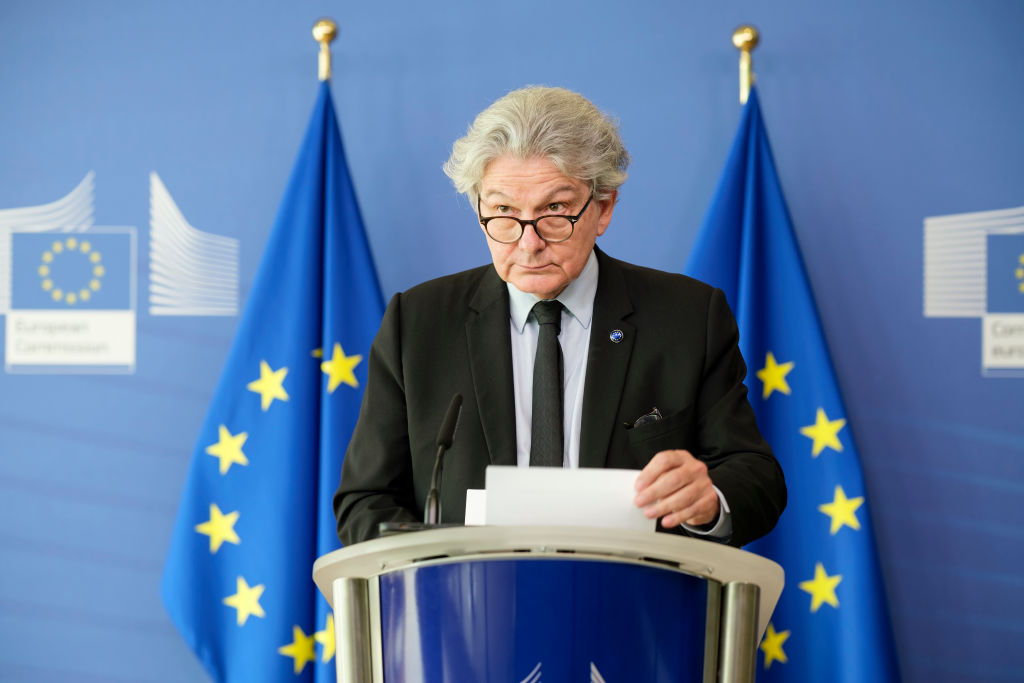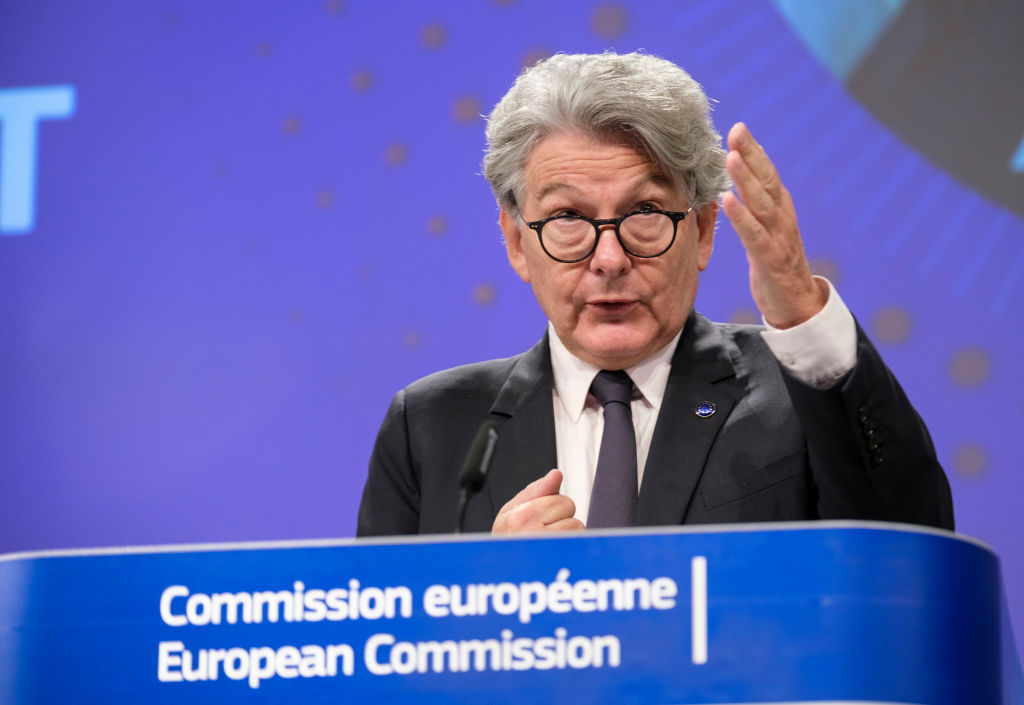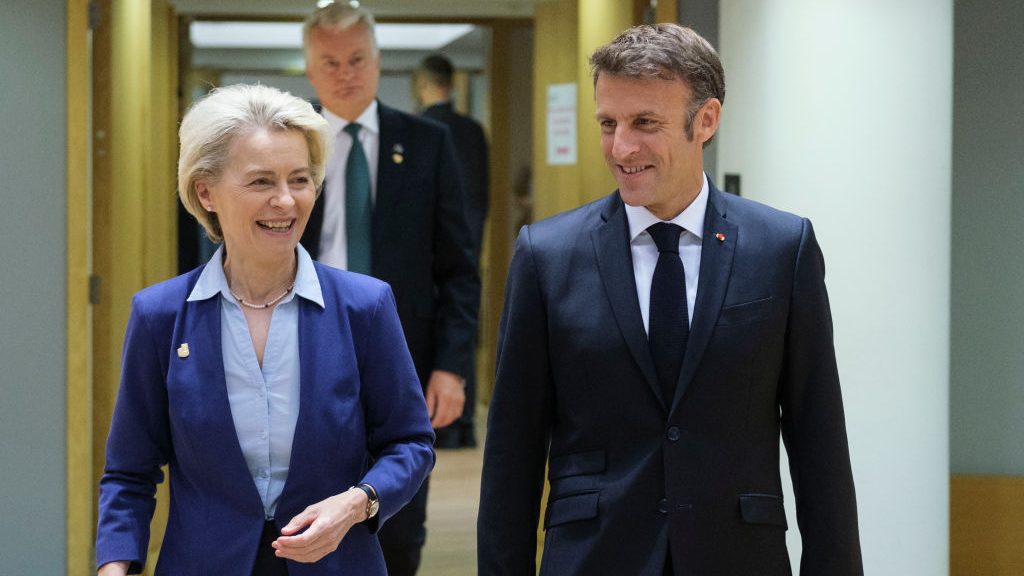Chinese social media platform TikTok has announced plans aimed at censoring so-called “hate speech” on its platform in an effort to appease the European Union.
The “Big Tech” giant announced that it will revamp its system for reporting content deemed to be illegal within the bloc, a move that appears to be in response to veiled threats issued by Eurocrats in July.
“In the coming weeks, we are introducing an additional reporting option for our European community that will allow people to report content they believe is illegal, including advertising,” TikTok wrote in a press release.
This new mechanism will reportedly help users flag potentially illegal content for censorship, with the social media service putting particular emphasis on targeting”hate speech” and “harassment”, as well as posts constituting “financial crimes”.
Posts will also be censored at the national and EU level, with TikTok writing that content deemed illegal in some European states but that still falls in line with the platform’s guidelines will only be censored in the relevant territories.
The platform also announced that it will cease targeting under-18s with personalised advertisements and that all European users will be given the option to have their content feed consist solely of generically popular videos rather than material “algorithmically tailored” to them.
“Our mission is to inspire creativity and bring joy,” TikTok added. “We will continue to not only meet our regulatory obligations, but also strive to set new standards through innovative solutions and by working with our industry partners, regulators, lawmakers, and civil society.”
The adjustments come after European authorities threatened TikTok with retaliatory action if it did not work harder to implement the EU’s online censorship regime under the Digital Services Act.
Due to come into force in late August, the bloc’s chief digital censorship tsar Thierry Breton warned the Chinese platform it would risk being fined if it did not “accelerate” efforts to impose the EU’s new content-moderation rules.
The TikTok adjustments will probably be regarded as a victory for the European Commission, with attention now likely to turn to Elon Musk’s Twitter, now called “X”, as the deadline for the Digital Services Act inches closer.
In rebranding Twitter as X, Musk has been keen to push what he regards as free speech as part of reforms to the platform, a move that has upset Eurocrats.
Breton, in particular, has threatened to see X banned from Europe entirely if Brussels’ censorship demands are not met.
“You can run but you can’t hide,” he threatened Musk. “Our teams will be ready for enforcement.”





